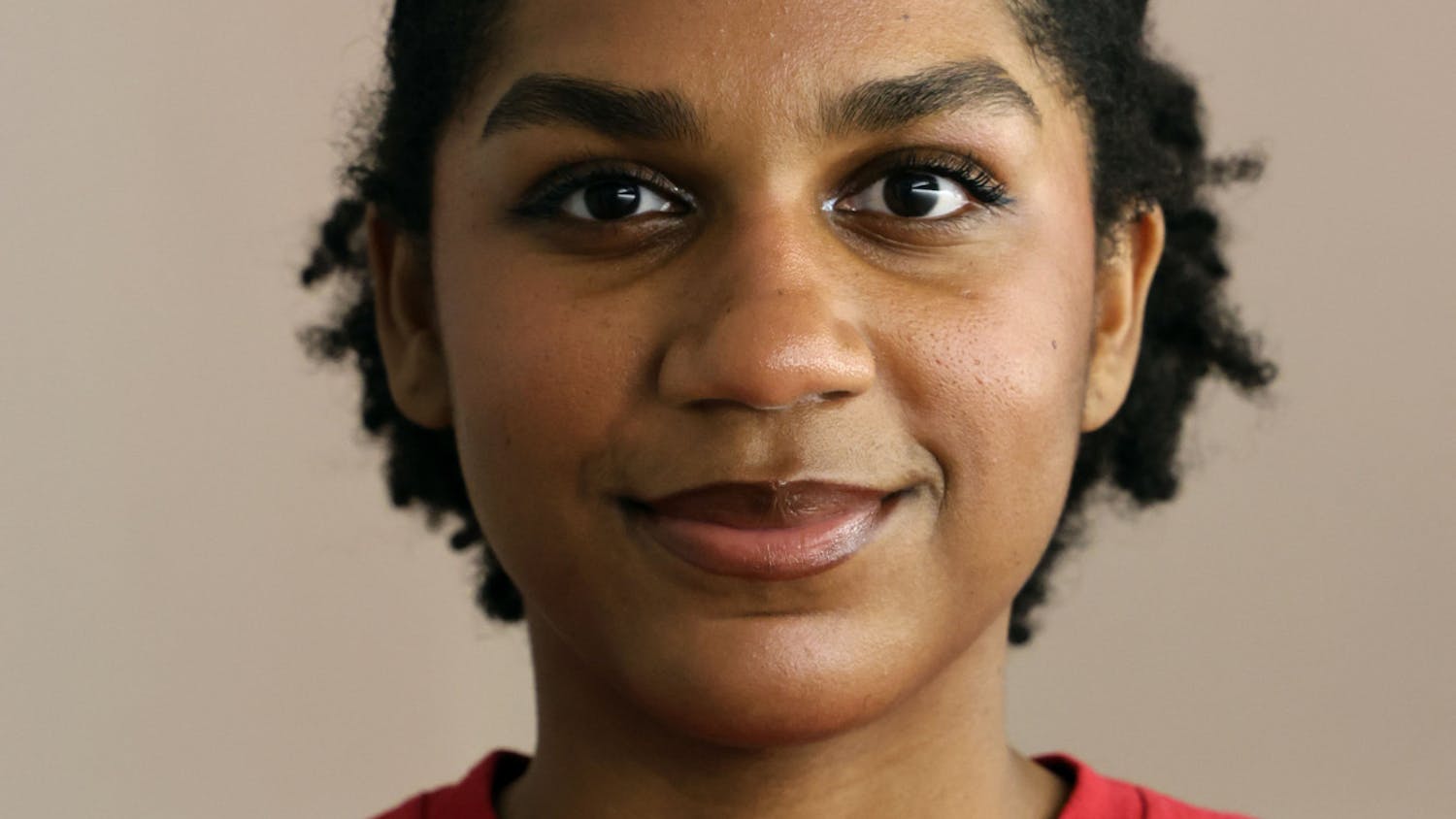While U.S. policies aren’t anywhere near perfect, they are progressive in comparison to situations abroad.
I was deeply shocked and sorry for the Dominican people when I heard that a constitutional court stripped thousands of people of their citizenship and rights last month.
The ruling stated that anyone born after 1929 who does not have at least one Dominican parent is now deemed illegal.
Most residents of foreign descent in the Dominican Republic are Haitian, because both cultures share the island of Hispaniola.
A complicated history of war and economic differences between the two Caribbean countries still breeds problems. Although the Haitian population has been a major cheap labor force in the neighboring country for decades, the conservative government has created reforms since the early 2000s to curtail the entry of more Haitian immigrants.
Reuters reported there were 245,000 Dominican-born, first-generation children of immigrants living in the country, but the numbers of those affected by the ruling are probably much higher because it applies to generations before that, too.
In a couple of weeks, I’ll be taking a test that will decide whether I can — finally — take the oath to become an American citizen.
After 18 years of living in the U.S. under several different labels of “immigrant,” I imagine the milestone of getting that navy passport will seem surreal and maybe ceremonious when, in fact, I’ve felt American for a long time.
Naturalization will mean I receive the rights any American would have at birth. It’s unthinkable that someone who is actually born in a country could be stripped of his or her citizenship.
As a hypothetical exercise, imagine these measures applied in the U.S.
You were born here. Your parents were born here. But your grandparents were born outside the U.S. and moved here at a young age. That’s three generations living and working in a country and learning a language, culture and social structure.
Then, one day, someone is denied an ID because of his or her last name. He or she asks for a constitutional review of the decision.
The court not only denies the claim but goes further to retroactively deny other American-born citizens of foreign descent their rights.
You’re suddenly stateless. You can’t vote, work, get medical care or even buy a cellphone.
It’s inconceivable in the U.S. for such a measure to take place. A recent Pew Research Center study shows that “virtually all (93%) of the growth of the nation’s working-age population between now and 2050 will be accounted for by immigrants and their U.S.-born children.”
If an identical measure was taken by the U.S., nearly our entire population would be “illegal.”
The court ruling is already receiving sharp criticism from abroad.
Human rights groups like Amnesty International and the Inter-American Court of Human Rights are currently drafting a letter to U.S. Secretary of State John Kerry to petition this violation of human rights.
Just as the leadership of the Central Electoral Board has chosen to support the decision publicly on different news outlets and social media, those around the world who support basic principles of human rights should voice contempt for it.
Daniela Guzman is a UF journalism senior. Her column runs on Mondays. A version of this column ran on page 6 on 10/21/2013 under the headline "Citizens need to speak up for Dominicans"





